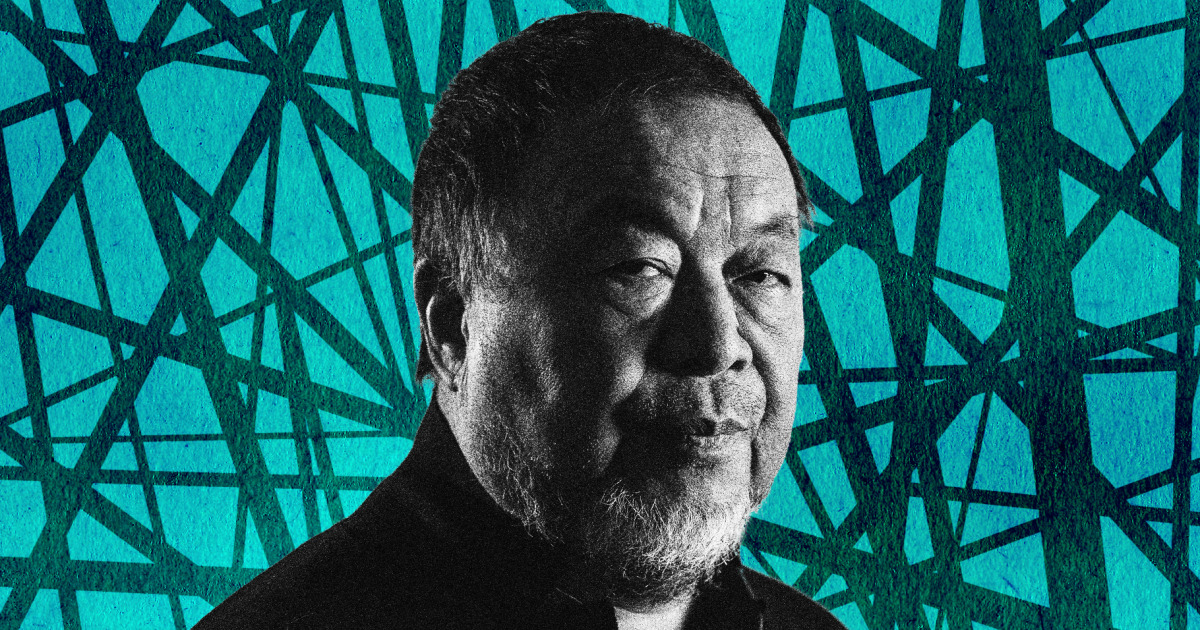
Ai Weiwei on the Bird's Nest, the Olympics and all that's changed
['China', 'Olympic', 'Games', 'Ai', 'Beijing']
Chinese artist Ai Weiwei helped design the Bird's Nest stadium. He said it was conceived in the spirit of democracy and freedom.
Ai Weiwei on the Bird's Nest, the Olympics and all that's changed
Like the Bird's Nest itself, the 2008 Olympics were seen by some inside the country and around the world as a sign that China's astonishing economic growth would be followed by democratic development. As Beijing hosts the Olympics for a second time, the Chinese Communist Party appears more confident than ever in its authoritarian rule, and Ai, one of China's most famous dissidents, is living in exile. "China is a country that upholds the principle of law, and the country will act in accordance with the law," Hong said. "For someone coming from China, if the U.S. cannot allow different voices, it is no different from China," he said. Ai said China used the 2008 Games to showcase its achievements under Communist Party rule, but now he believes Beijing has a new ambition: to form a new world order. The tension is reflected in the diplomatic boycott of the Games, which China's mission to the United Nations dismissed as a "Self-directed political farce." "Today, because of China's rapid development, Western democracy encounters a philosophical and historical crisis, and the relationship between China and the West has changed fundamentally," Ai said.